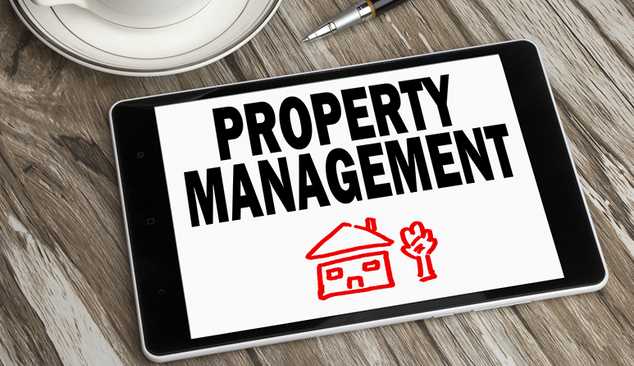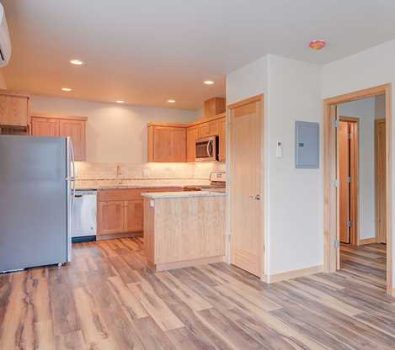Like hiring other service providers, one of the hurdles that you as the client will need to go through when you hire property managers is the property management fee, the property manager cost, or the ongoing property management fee. In Australia, the demand for property managers is pretty high among property owners. According to data from IBISWorld, a provider of industry research, the market size of commercial property management, not yet including other types of property management, in Australia is at $1.4 billion.
It’s highly important that you’re able to do your homework, in other words, your research, before dealing with a property manager. Over the Internet, you can find a lot of information about them and the costs of hiring them, such as Baldivis property management fee packages.
We’re certain you’re just as thrilled as we are now that we’re heading to discuss the costs of hiring property managers. How much money should you prepare as you partner with these people? Let’s get to it.
Property Management Fees: Costs Of Hiring Property Managers
Fees for the property manager usually include sourcing quality tenants and lease management daily. These are indicated in the rental agreement between the property owner and the rental agents.
These property management fees are commonly charged as a percentage of the weekly rent.
These fees vary according to location and depending on where the house is located, you can expect to pay between five per cent to 12 per cent.
Plus, short-term and holiday let management fees usually will incur higher fees. Goods and Services Tax or GST is also applicable with property management fees. In this regard, you must ensure the rate quoted for you is inclusive or exclusive of this.
Short-term and holiday let management fees will usually incur higher fees. GST is also applicable on property management fees – make sure if the rate quoted for you is inclusive or exclusive of GST.
Types Of Property Management Fees
What are the kinds of property management fees? It’s crucial to understand the costs, especially since they vary considerably. Here are the various types of fees that may be payable.
1. Letting Fee
This fee covers the property manager sourcing a new tenant for the vacant property. It also covers inspections with prospective tenants, conducting checks in the rental property, completing the paperwork, and lodging the bond.
2. Management Fee
On the other hand, this fee covers the daily activities required for lease management. It’s usually charged as a percentage of the weekly rent. It covers rent collection, maintenance and repair, routine inspections, communication with the tenant, and so much more.
3. Marketing Fees
The third type of property management fees is the marketing fee. This cost is associated with getting a new tenant, including advertising fee, online listing fees, photography fees, and so much more.
4. Lease Renewal Fee
The lease renewal fee is applied should your existing tenants stay beyond the term of their initial lease and when a new fixed-term lease will be signed.
5. Tribunal Fee
This fee covers the property manager representing you at a tribunal should issues arise.
6. Annual Statement Fee
There is usually a little cost involved to provide you with the annual statement, and this is what the yearly statement fee in the property management covers.
Remember, the fees that property managers charge depend on the services they provide. For instance, if you’ve changed property managers mid-lease, you won’t be charged a letting fee by the new agent, as they’ve not been required to find a new tenant.
Likewise, property management companies will be more than glad to customize the service, such as you paying the letting fee and not paying the management fees.
The Benefits Of Hiring A Property Manager
While it’s true that paying property management fees decreases the return on your investment property, these fees will ensure that everything runs smoothly with your property managers.
Rental agents are trained to find quality tenants. What are the benefits of tying up with a
property manager to manage your investment property?
These advantages include offering advice in preparing the property for rent to attract the right renter; the right evaluation of rental applications; routine inspections; access to quality providers of repair; management of access and supervision to the property for repair and maintenance; a perspective on the performance of the current market, and knowledge when to increase rents; reduction of vacancy rate when tenants move out; and you with the saving of your time as they pay council and water rates for you; and more.
The details you learned about above should help you save up your finances in preparation for hiring a property manager, should you decide to hire these people one of these days. The property management costs may include the advertising fee, lower property management fee, higher property management fee, administration fee, and so much more costs when acquiring property management services from a property management agency and companies that offer property management services.
It’s incredibly important for the property owner to be able to compare property management fees so you won’t get lost in the process of hiring the property management team with their ongoing costs.



